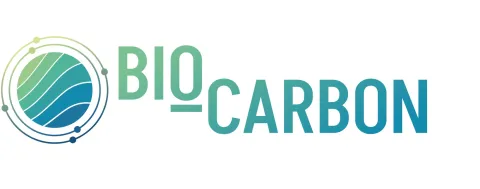The intended outcomes of BIO-Carbon are to:
- enhance our understanding of key biological processes that affect how carbon storage by the global ocean will change in the future
- significantly improve global ocean carbon budget projections, to better inform policy development and decision making in support of net zero ambitions
- provide new parameterisations of key processes and emergent constraints on global model behaviour for use in simulations feeding into the Intergovernmental Panel on Climate Change’s (IPCC) seventh assessment report
- implement new parameterisations and constraints in a suite of global models in order to provide a robust assessment to 2100 of the biologically associated changes in global ocean carbon storage, and their sensitivity to key processes identified by this programme. This assessment should be suitable for inclusion in IPCC’s seventh assessment report
- provide a significant UK contribution to the UN Ocean Decade outcome for ‘a predicted ocean’ by improving our ability to model oceanic responses under anthropogenic influence
- address two priorities of the WCRP’s grand challenge on carbon feedbacks in the climate system.
NOC people
BIO-Carbon

